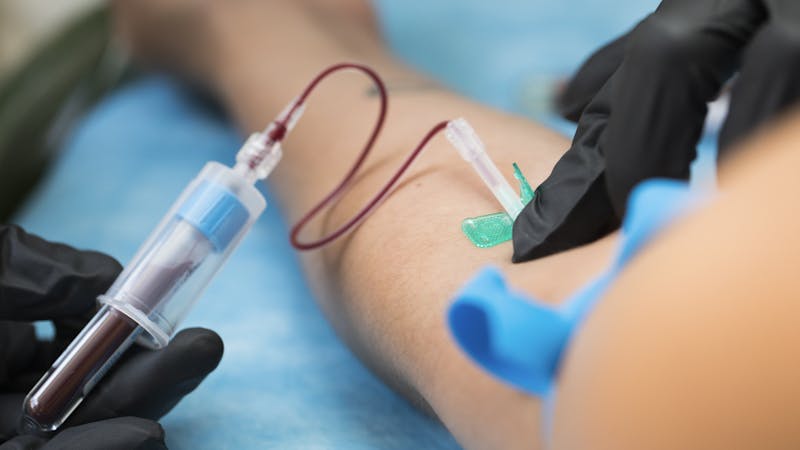
Recent Ruling Clarifies Consent Requirements in OUI Blood Testing Cases
Serum Conversion Calculations Do Not Require Consent
In an important development for OUI defense attorneys and prosecutors alike, the Massachusetts Supreme Judicial Court ruled in Commonwealth v. Gannett (May 23, 2025) that a serum or plasma conversion report created by a forensic scientist using hospital blood test data does not constitute a “chemical test or analysis” under Massachusetts law. Therefore, it is admissible evidence, even without the defendant’s consent.
Background
The defendant in Commonwealth v. Gannett was arrested for operating under the influence of alcohol, third offense. After spitting up blood during booking, he was immediately transported to a hospital where medical personnel drew blood solely for treatment purposes. The Commonwealth later obtained a search warrant to seize that blood and sent it to the State Police Crime Lab for testing. A judge suppressed the results of the police-directed testing due to the lack of the defendant’s consent.
The Commonwealth also obtained the defendant’s medical records, which included hospital-performed blood analysis. A forensic scientist at the State Lab used those results to calculate an estimated blood alcohol concentration (BAC) using a standard serum-to-whole-blood conversion method. This calculation resulted in an estimated BAC of 0.24—0.26, three times the legal limit.
The defendant moved to suppress this conversion report as well, arguing it was an analysis of his blood requiring consent under MGL c. 90, § 24(1)(e). The judge agreed and suppressed the evidence—but the Commonwealth appealed.
Ruling
The Court reversed the suppression of the serum/plasma conversion report. While reaffirming that any “chemical test or analysis” of a defendant’s blood done at the direction of police must be performed with the defendant’s consent (as held in Commonwealth v. Bohigian, 2020, and Commonwealth v. Moreau, 2022), the Court distinguished the conversion report in Gannett as fundamentally different.
Main takeaway: The Court found that a mathematical calculation based on existing hospital blood test data is not a chemical test or analysis. As such, it does not trigger the consent requirement under the statute.
Tips for OUI Defense & Prosecution
- Consent is still required for police-directed blood analysis: the ruling reaffirms that any blood testing performed at the direction of law enforcement, even with a search warrant, is inadmissible in simple OUI cases unless the defendant consents.
- Hospital records and calculations may be fair game: however, where a defendant’s blood is drawn and tested by medical personnel for treatment purposes—and the data is later used for a serum/plasma BAC conversion—that secondary use does not require the defendant’s consent, so long as no new chemical testing is performed.
- Strategic implications: defense counsel should closely examine the origin of any blood test results offered by the Commonwealth. If the results stem from police-directed testing, they may be suppressed. If they are from hospital treatment records and used only for mathematical conversions, they may be admissible.
Overall, this case narrows the window for suppression arguments and highlights the significance of distinguishing between the actual chemical analysis and the interpretation of medical data. For OUI cases in Massachusetts, Gannett represents a critical clarification in the balance between individual rights and legal access to forensic evidence.


